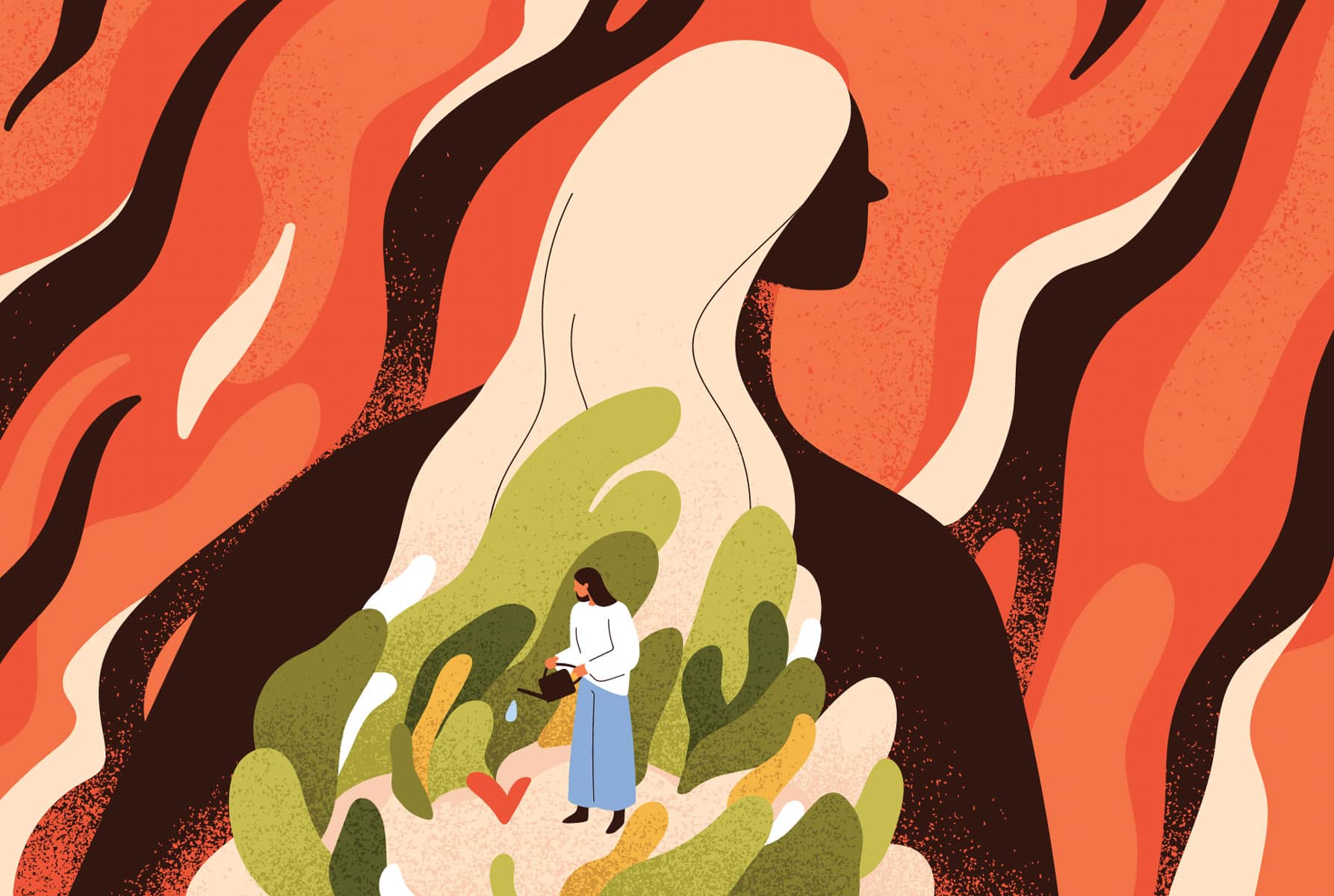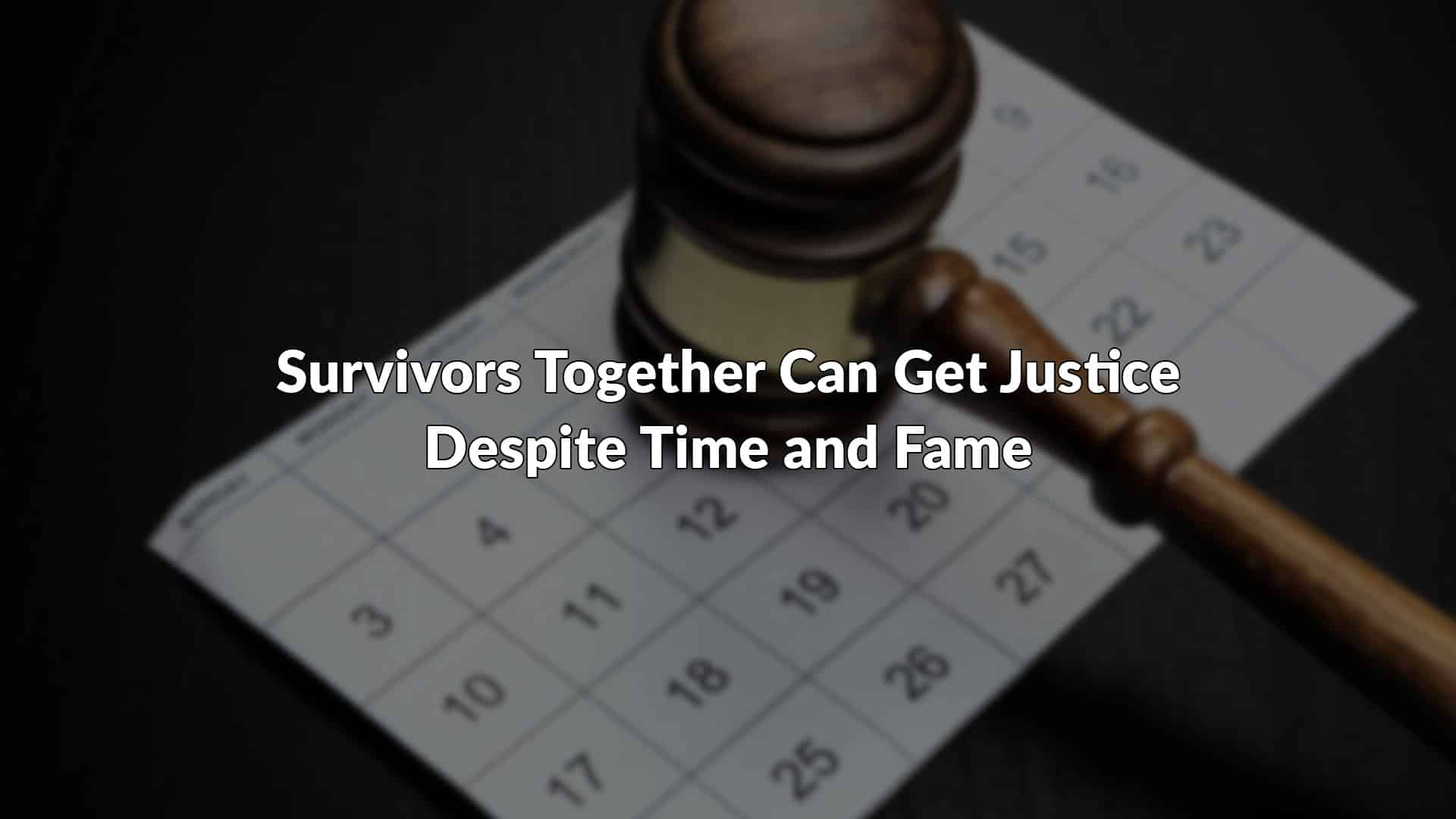1. Sex trafficking goes on in the US and in your city: no border has to be crossed for a person to be trafficked.
2. Common signs of a sex trafficking victim include bruises, scars, withdrawn behavior, anxiety, fear, lack of eye contact, and the victim being in the presence of an older “boyfriend” or “girlfriend.”
3. Between 14,500 and 17,500 people are trafficked into the United States each year from foreign countries.
4. Runaways, homeless youth, ethnic and gender minorities, and previous victims of sexual abuse are among the most vulnerable populations for trafficking.
5. Men and boys can also be victims of sex trafficking.
6. Victims of sex trafficking can be wrongly charged with the crime of human trafficking from being coerced into aiding their pimps.
7. Victims of sex trafficking are often viewed as criminals and arrested for prostitution.
8. Sex trafficking victims may not identify themselves as victims, or be fearful of law enforcement and retaliation by their pimps if they do report their abuse.
9. The stigma associated with sexual exploitation and prostitution makes identification of victims more difficult.
10. In one study by the US Department of Justice, only 17% of law enforcement from larger communities thought sex trafficking was widespread or occasional, and only 9% had protocol or policy on how to address human trafficking.
11. Truck stops, massage parlors, strip clubs and inexpensive motels are common places for sex trafficking incidents.
12. Women and girls from racial minorities in the US are disproportionately recruited by sex traffickers.
13. Traffickers use force, drugs, emotional, and financial tactics to control their victims, even promising relationships and marriages (particularly to young girls).
14. If you see something, say something. To report suspected trafficking crimes, get help, or learn more about human trafficking, call the National Human Trafficking Resource Center at 1-888-373-7888.
By Jessica Nerz
Jessica Nerz is a sophomore undergraduate student at the University of Maryland and an intern at the Amara Legal Center.




